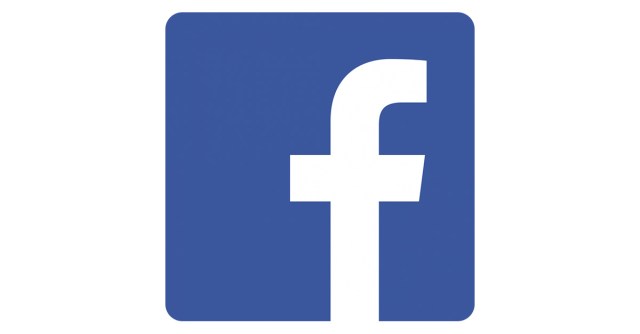The next battle in the conflict between advertisers and those that detest their intrusion has begun – Facebook has started bypassing adblockers on its desktop site.
Instead of allowing adblockers, the social media giant is encouraging users – both desktop and mobile – to choose which types of ads they see. In a blog post on this and other ad control changes, Facebook’s VP of ads, Andrew Bosworth (or Boz as he prefers to be known) explains:
If you don’t want to see ads about a certain interest like travel or cats, you can remove the interest from your ad preferences.
Users have also been given the ability to opt-out of customer lists belonging to organisations they aren’t interested in, or simply don’t want to see ads from.
Facebook’s economic model
Companies like Facebook, which depend on online advertising revenue, have long felt that adblockers pose a threat to their business and have employed a variety of tactics to deal with them, ranging from the technological to the hyperbolical.
In August 2015, anti-adblocker company PageFair teamed up with Adobe to claim that adblockers would cost advertisers the outlandish amount of $22 billion (yes, billion). Meanwhile ad technology company Oriel took the moral high ground and warned that adblocking was “potentially censoring web content like a man in the middle attack”.
Some sites have taken to blocking access to users with adblockers, others are asking users to choose between seeing ads or paying for content and some are simply trying to outfox and outflank the adblockers.
Facebook is hoping that by giving you more control over the ads you see, you won’t mind that it’s also joined the ranks of the latter group:
We’ve designed our ad formats, ad performance and controls to address the underlying reasons people have turned to ad blocking software. When we asked people about why they used ad blocking software, the primary reason we heard was to stop annoying, disruptive ads. As we offer people more powerful controls, we’ll also begin showing ads on Facebook desktop for people who currently use ad blocking software.
Of course the new options for controlling ads will also give Facebook more information about users’ likes and dislikes – information that it can share with the marketers who are critical to its business model.
Adblock Plus, believes that business model will suffer rather than thrive though:
It’s hard to imagine Facebook or the brands that are being advertised on its site getting any sort of value for their ad dollar here: publishers (like Facebook) alienate their audience and advertisers (the brands) allow their cherished brand name to be shoved down people’s throats. Yikes.
All about the user
Facebook also used its announcement to take a sideswipe at adblocking companies that can be paid to let ads through their barricade:
Rather than paying ad blocking companies to unblock the ads we show — as some of these companies have invited us to do in the past — we’re putting control in people’s hands with our updated ad preferences and our other advertising controls..
Boz is already facing a backlash from users. You only have to look at his Facebook page to see how people are reacting and how he is responding. In one exchange he reveals:
I don’t think it is reasonable to use a free service and not participate in the economics that power it, whether it be Facebook or journalism or whatever.
If you get an ad that is bad, report it! We provide tools just for that. Our ads are native to the feed, the [sic] don’t interfere with other content, and you have an ability to tell is [sic] what you would like to see more or less of. That’s as good a deal as you can get for a free service today!
Only time will tell if the millions of Facebook users, who previously turned to adblockers, accept Facebook’s changes or simply close their accounts when they find their adblockers can’t cope.

